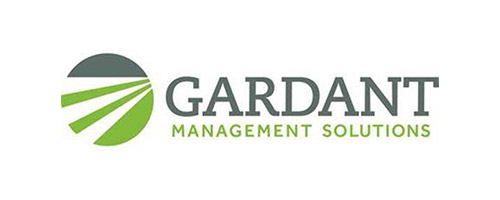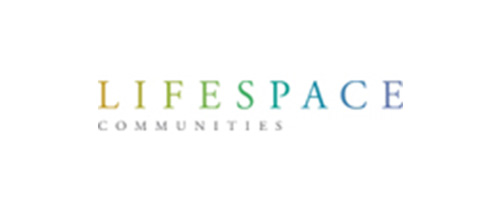Articles
The Journal on Active Aging brings articles of value to professionals dedicated to older-adult quality of life. Content sweeps across the active-aging landscape to focus on education and practice. Find articles of interest by searching the article archives in three ways: Enter a keyword in the articles search bar; click on search by topic; or type a keyword or phrase in the general search bar at the top of the page.
Topic- Weight management

Middle Management from the Top Down: a program to support healthy weight management by Terry Eckmann, PhD, and Catherine Solie, BA
As the population ages, there is a growing need for innovative programming for healthy weight management. Middle Management from the Top Down is a turnkey program that gives active-aging professionals the tools they need to create an effective educational program.
moreWeight management

Food choices for weight management
Overweight and obesity are becoming a major health concern for people of all ages, including midlife and older adults. From the viewpoint of health, overweight and obesity increase the risks for heart disease, type 2 diabetes, some cancers, high blood pressure, high cholesterol, sleep problems, osteoarthritis and other conditions (National Institutes of Health).
Although the causes of overweight and obesity can be complex, the World Health Organization summarizes major causes as a global shift towards diets of energy-dense foods that are high in fat and sugars but low in vitamins, minerals and other micronutrients, and a trend towards decreased physical activity.
Weight management

Exercise for overweight older adults: an easy approach to reducing joint stress by Amy Ashmore, PhD
All people over 40 years of age show some signs of degenerative joint disease.1 This is because cartilage deteriorates naturally with age and “wear and tear”. But the severity of joint disease varies from person to person based on a number of lifestyle and genetic factors.
Age is a significant contributor to the development of joint disease. Estimates based on 2003–2005 data suggest that 46.4 million adults report doctor-diagnosed arthritis, according to the US Centers for Disease Control and Prevention (CDC). As America ages, this figure could increase to 67 million by 2030.2 Canada’s federal health department also projects the number of people with arthritis (and other rheumatic conditions) to rise as the population ages—from 4 million in 2000 to 6.4 million by 2026, an increase of 54%.3 Aging, however, is just one trend pointing to a greater prevalence of arthritis.
Weight management

Burnin' the fat in deep water by Mary E. Sanders, PhD, FACSM
Among water’s greatest benefits for exercisers is that its natural resistance can stimulate both cardiorespiratory and muscular endurance conditioning. Training studies conducted in shallow water indicate significant body fat loss, and significant muscular strength/endurance gains (D’Acquisto et al., 2001; Nagle et al., 2003; Sanders, 2006; Pöyhönen et al., 2002; Takeshima et al., 2002). Documented benefits of exercising in deep water for older adults are less clear. However, the practical benefits include zero impact, for a low-joint-stress, high-intensity cardio workout with some crossover muscular conditioning.
moreWeight management

Healthy weight resources
The National Weight Control Registry (NWCR), developed by Rena Wing, PhD. and James Hill, PhD., is a database of people who have self-reported a weight loss of 30 pounds or more and kept it off for at least a year.
moreWeight management

Weight loss approaches for older adults by Wayne L. Westcott, Ph.D., C.S.C.S.
Most older adults don't understand that body weight represents 2 components, namely, fat weight and lean weight. Together, the fat weight and lean weight (muscle and bone) define body composition as well as body weight. People generally don't realize that their body composition is much more important than their body weight, and they have little knowledge about the body composition changes that accompany inactive aging.
more


































